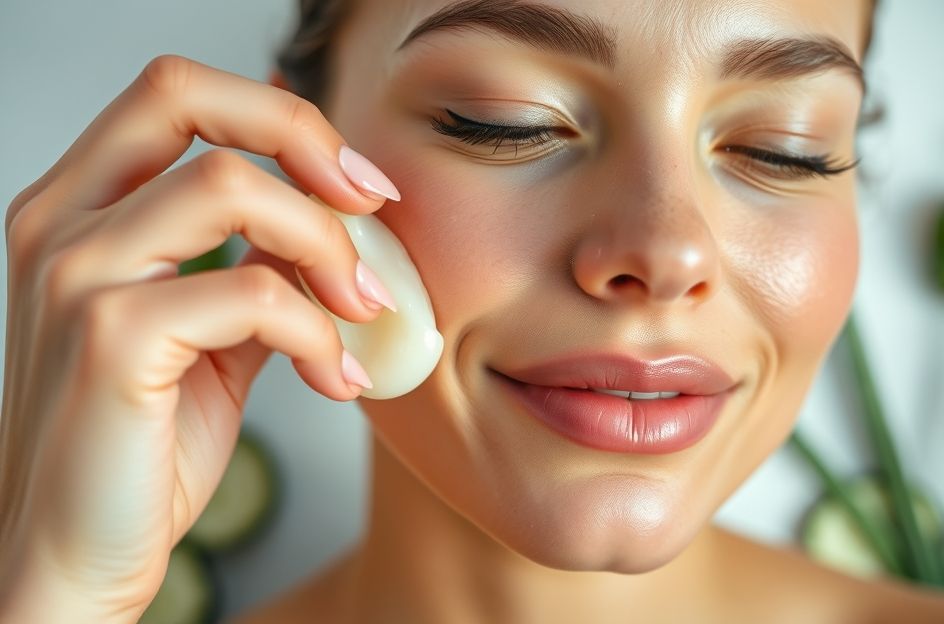Dealing with acne can be frustrating, but before scheduling an appointment with a dermatologist, explore several effective strategies to manage your skin. Remember that individual results vary due to differing skin types and acne causes.
Over-the-counter (OTC) medications are a great first step. If you have sensitive or dry skin, opt for a mild cleanser. Experiment to find a cleanser that cleanses your skin without causing irritation or dryness. Wash your face gently once or twice daily, avoiding harsh scrubbing. Refrain from touching your face to minimize bacteria transfer. Note if certain foods trigger your acne and consider eliminating them from your diet.
When using makeup, choose non-acnegenic, non-comedogenic, and hypoallergenic products, specifically formulated to minimize irritation. Avoid sharing makeup, and always use clean washcloths, towels, and makeup applicators to prevent germ transfer.
For those interested in natural solutions, several kitchen ingredients offer potential benefits. Here are three simple home remedies for mild acne:
Baking Soda Scrub: This scrub gently exfoliates, removing dead skin cells that clog pores and cause acne. Mix a teaspoon of baking soda with water to form a paste. Gently massage onto your skin, leave for one minute, and rinse with lukewarm water. Pat dry with a clean towel.
Apple Cider Vinegar Toner: Apple cider vinegar may help balance skin pH, reduce bacteria, and control oil. Its citric acid content also aids exfoliation. Dilute one part apple cider vinegar with eight parts water. Apply to your skin with a cotton ball, avoiding overuse to prevent dryness.
Egg White Mask: Rich in proteins and vitamins, egg whites can help tone and tighten skin. Beat two egg whites until frothy, apply to your face, and leave on for fifteen minutes. Rinse with lukewarm water.
Address acne early for best results. If OTC treatments are ineffective or acne worsens, consult a dermatologist for prescription-strength topical or oral medications.
